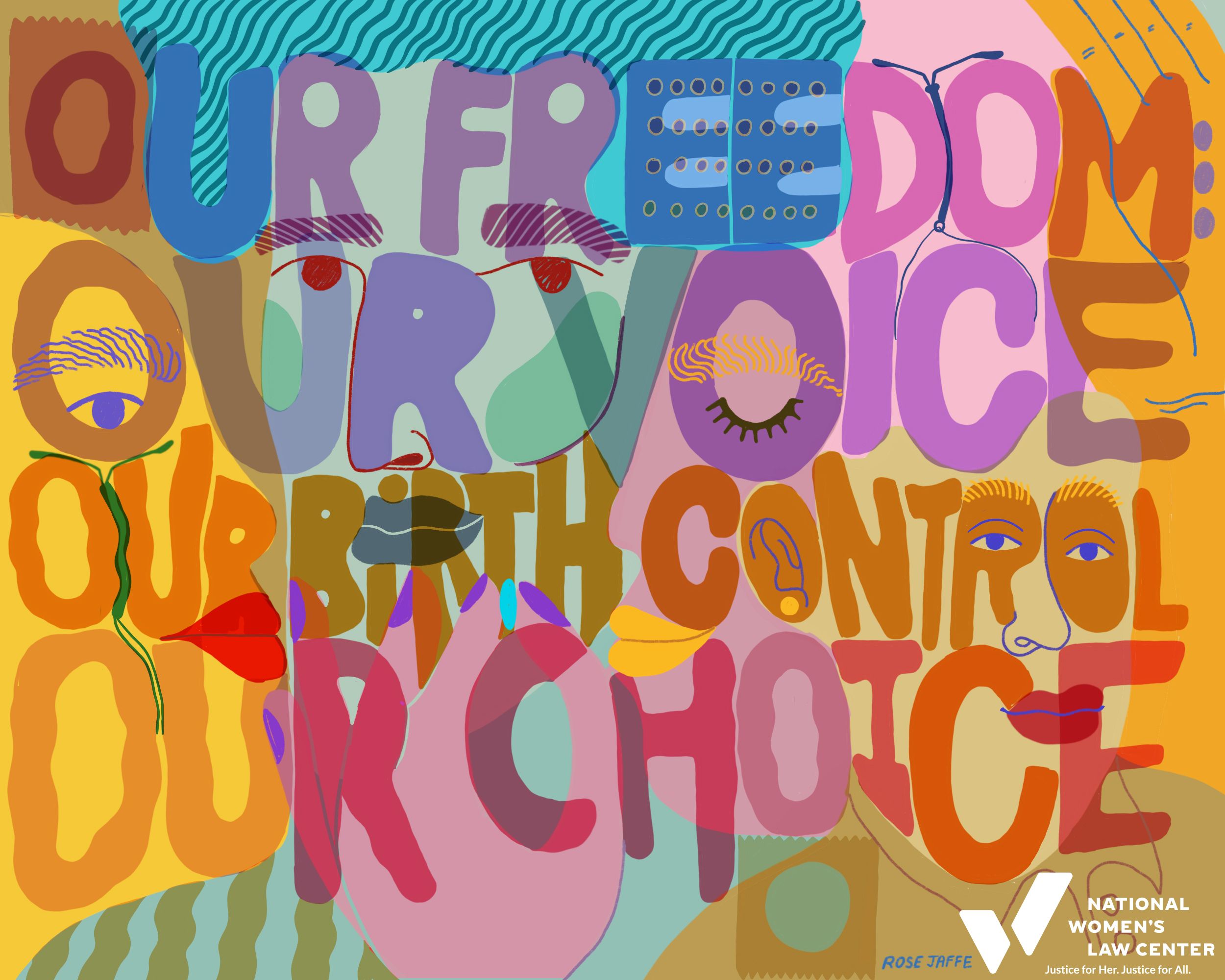
The Supreme Court’s decision to overturn Roe v. Wade, which allowed states to make abortion illegal, has also affected birth control access, especially for people of color. People still have a right to birth control, but we’ve seen policymakers push for increasing restrictions on people’s ability to get birth control, particularly in states that have banned abortion. We’ve also seen state politicians intentionally spread misinformation about birth control.
In response, state legislators in 2023 have tried to protect birth control access through different measures.
These include measures that:
- clarify the scope of existing abortion bans to make clear they do not apply to birth control;
- allow people to get birth control directly from their pharmacists, without first having
to visit another health care provider; and, - allow individuals to get a six- or 12-month supply of birth control at once.
While these are well-intentioned policies, we’ve seen that, in practice, they can fall short of what is needed in this moment. And in some cases, these measures could make birth control access worse.
What we need are policies that bring us closer to a future where everyone can access birth control without barriers.
The values included in this factsheet can serve as a guideline in crafting policies that protect and improve access for as many people as possible.
